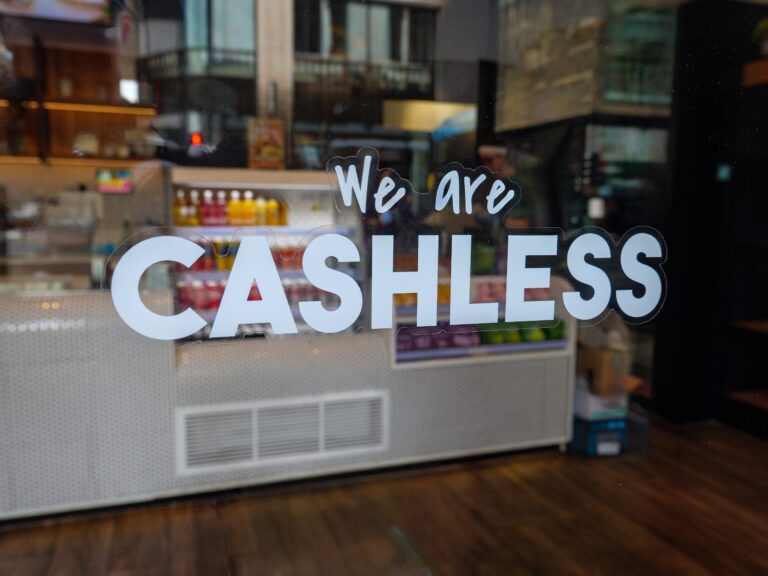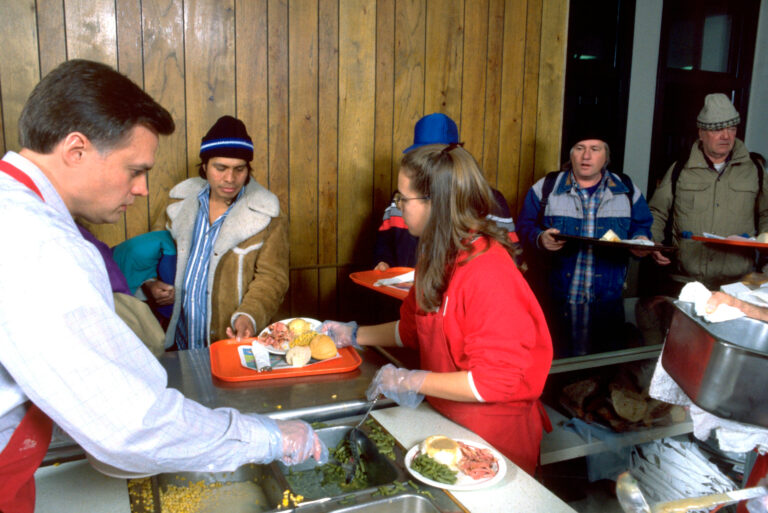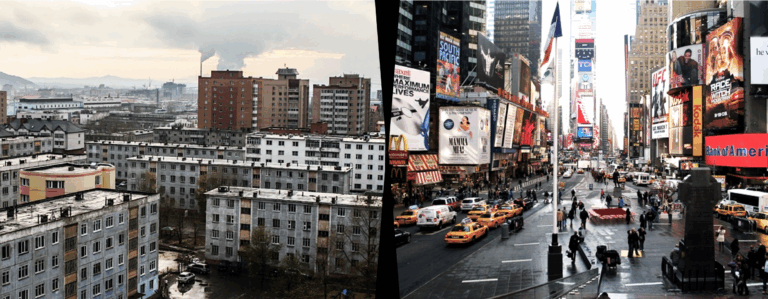The marvellous Christmas movie Polar Express, starring the inimitable Tom Hanks, ends with the words “Anything is possible, if you only believe.” It’s a fine sentiment, except that as adults understand, many things aren’t possible, no matter how hard some people do believe them. An obvious example is the fantasy that the 84 percent of global energy supplied by fossil fuels can be replaced by so-called “green energy.”
Since the United Nations’ first Conference of the Parties (COP) meeting on global warming in 1995, world crude oil demand has increased from 64 million to 100 million barrels per day, while overall global energy consumption has increased by about 60 percent. As this was occurring, the “environmental, social and governance” (ESG) movement badgered and pressured investors to unload their oil industry holdings. Faced with share valuations reflecting their perceived status as a “sunset industry,” oil company leaders concluded the rational course was to use much of their cash flows to pay out large dividends and to buy back shares rather than reinvest in production growth. Global energy demand continued to grow but crude oil supply therefore stagnated and so the world’s “supply margin” of energy gradually shrank.
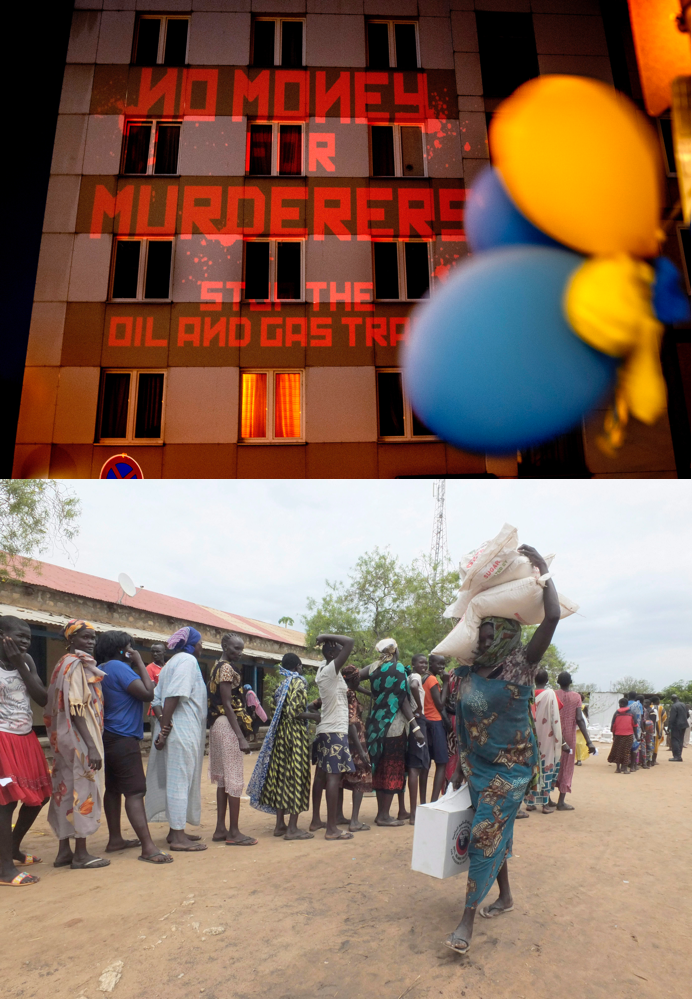
The Ukraine crisis revealed just how narrow the supply margin has become. Regrettably, much of that margin is in the hands of Russian dictator Vladimir Putin, leaving European countries that depend on Russian oil and natural gas no choice but to continue to provide the funds with which he ravages the Ukrainian people. This is the tragedy that the sanctimonious ESG zealots have wrought. It is their worst one so far, but I fear that if sanity is not soon restored to national energy policies – including in Canada – Ukraine will not be their last. An energy shortage that endures for any length of time will have cascading effects throughout economies all over the world – up to and including shortages of basic foodstuffs afflicting hundreds of millions of people.
It’s incomprehensible that during a global oil and natural gas shortage brought on by Russia’s wanton destruction of a civilized democracy, our prime minister thinks all will be well if only Canada rids itself of fossil-fuelled vehicles.
Meanwhile, back in the world capital of “if you only believe” fantasies, the prime minister of a country endowed with one of the world’s largest reserves of crude oil has presided over an eight-year long anti-oil industry scourge, including thwarting multiple proposed export pipelines that could now be supplying those needy countries that are instead the captive market of Russia.
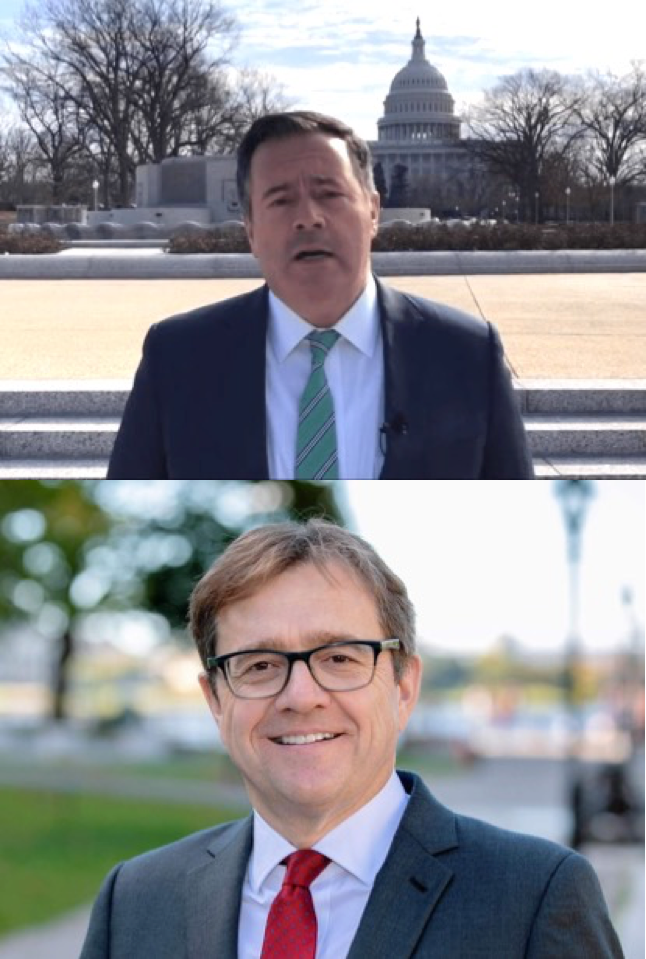
Sharing his anti-oil zealotry seems to be a necessary qualification for Trudeau’s cabinet. Alberta Premier Jason Kenney recently went to Washington, D.C. to present the Senate Energy Committee with plans to increase Canadian oil exports, thereby freeing-up more U.S. oil to help Europe reduce Russian oil purchases. The idea received a warm reception. Unfortunately, Kenney’s message was promptly contradicted by federal Natural Resources Minister Jonathan Wilkinson, who told the same committee that shifting to renewable energy and hydrogen “will provide true energy and national security to Europe.” Since none of this energy exists yet and, even if it did, could not be shipped across the Atlantic Ocean, Wilkinson’s message amounted to: don’t count on Canada to help de-fund Putin’s murderous war unless it lasts five or ten more years.
It’s incomprehensible that during a global oil and natural gas shortage brought on by the wanton destruction of a civilized democracy, our prime minister thinks all will be well if only Canada rids itself of fossil-fuelled vehicles. Deep in delusion, Justin Trudeau instead considers this a perfect time to announce a plan to have 60 percent of new cars and light-duty trucks be “zero emission” (i.e., electric) by 2030.
When you live in a perennial state of fantasy, facts don’t matter. But here are facts that do matter to Canadians forced to face the real-world impact.
Fact 1: High Cost – The federal budget promises a rebate of $5,000 per electric vehicle (E). Currently there are approximately 24 million gasoline and diesel-powered vehicles in Canada. Subsidizing the replacement of just 1 million of these would cost $5 billion (while consumers would need to spend approximately $55 billion). The budget also contains $900 million for new EV charging stations. That’s helpful in urban centres but providing the charging station network necessary to allow EVs to travel interurban highways would cost tens of billions more, as this C2C article discusses in detail.

Fact 2: Revenue Needs – The Trudeau government’s longer-term plan is to get rid of all fossil-fuelled vehicles. Federal and provincial fuel taxes now total a stunning $22 billion each and every year. These revenues fund the cost of building and maintaining urban streets and highways. As the number of such vehicles drops under the Trudeau-forced transition plan, so will government fuel tax revenues. How long can it be before governments are forced to regain those revenues through EV charging levies or other EV-related taxes?
Fact 3: Grid Stress – The average Canadian motorist drives 15,000 km per year and the average passenger EV uses approximately 20 kilowatt-hours (kWh) per 100 km travelled. That works out to 2,850 kWh per year, or more than 25 percent of current Canadian household consumption. Many of the country’s electrical generation and distribution grids are already near capacity. EV advocates say the problem will be mitigated by mandating low-amperage (i.e., slow) charging during off-peak, late-night hours. But most highway drivers travel during the day when the grid is often near capacity. And they will need high-amperage DC quick-chargers during these already supply-tight hours.
Fact 4: Land Demand – Refuelling with gasoline or diesel takes around five minutes. But even rapid chargers need 30 minutes. That ultimately translates to using six times more land occupied by charging stations. How much of that land will be taken from agricultural production?
Fact 5: Higher Emissions, Not Lower – Canada’s 24 million fossil-fuelled cars and pickup trucks emit 14 percent of the country’s 1.5 percent share of global emissions. If all 24 million were converted to battery power, global emissions would be reduced by just two-tenths of one percent. Emissions growth from China’s coal-fired power plants would offset that in just a few days. And that two-tenths of a percent doesn’t count emissions produced from mining and transporting the materials that go into all those batteries. Nor does it consider that 20 percent of Canada’s electricity is generated with fossil fuels.
These factors clearly wipe out any benefit, unless we include the benefit that living a fantasy allows people, our prime minister included, not to have to think about all those Ukrainians we could have saved by helping Europe say “no” to Russia’s oil – if only our oil industry hadn’t been hamstrung.
Gwyn Morgan is a retired business leader who has been a director of five global corporations.
Sources of photos in main image (left to right): Mikhail Klimentyev/ Sputnik/ Kremlin Pool Photo via the Associated Press; Goktay Koraltan/ Depo Photos/ abacapress.com; The Associated Press/ Charles Rex Arbogast.
